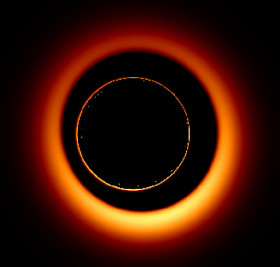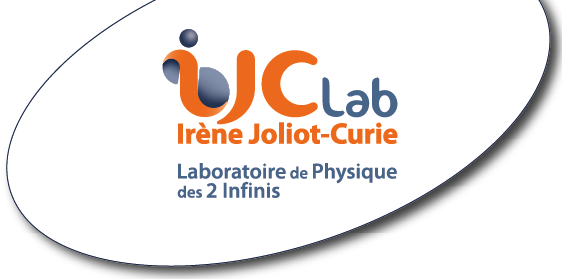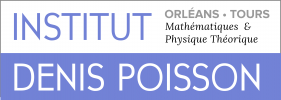| Welcome to the page of the CNRS 80 PRIME project Black holes and neutron stars in modified gravity (Trous Noirs et Etoiles à Neutrons en GRAVité modifiée, TNENGRAV). The ability to detect gravitational waves is revolutionizing spacetime physics. It provides direct access to regions where gravity is very strong, it allows us to "see" phenomena unknown before, and it opens the prospect of observing deviations from Einstein's theory of general relativity for the first time. Indeed, for various reasons, modifications of Einstein's theory are expected to manifest both in very strong gravitational fields and on cosmological scales (dark energy problem). The TNENGRAV project aims at studying black holes and neutron stars in modified theories of gravitation. In particular, we will determine the criteria which allow to discriminate these theories from general relativity, based on gravitational wave detections (VIRGO/LIGO/KAGRA and LISA detectors) and electromagnetic wave observations (VLTI/GRAVITY instruments and Event Horizon Telescope). |

|
Involved teams
This project gathers researchers from three CNRS units:
| Laboratoire Univers et Théorie | IJCLab | Institut Denis Poisson |
(**) now at the Albert Einstein Institute, Potsdam
Content
You will find here
- the list of publications resulting from the project
- the list of workshops organized within the project
- some relevant links



